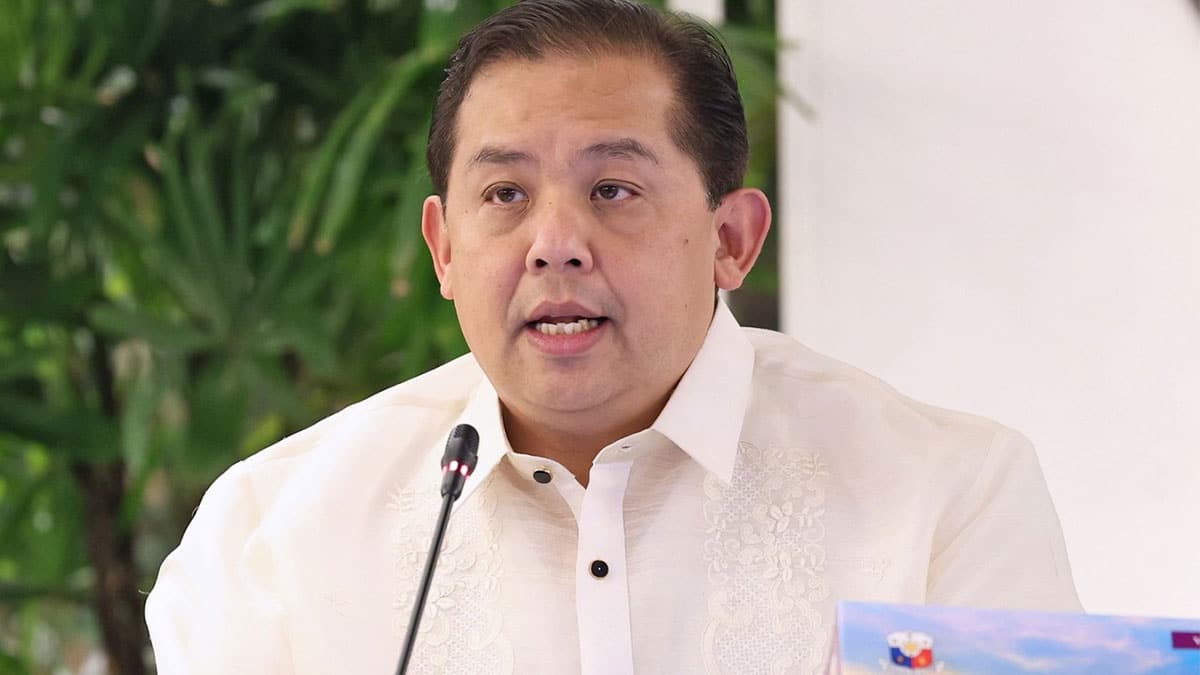Groups buck bill on 99-year land lease to foreigners
MANILA, Philippines — Agricultural workers and a legal advocacy group have raised concerns over a “fast-tracked” bill seeking to extend land lease terms for foreign investors to nearly a century, warning of its potential negative impact on farmers, plantation workers, and indigenous cultural communities.
The House of Representatives approved last week on the third and final reading House Bill No. 10755, which amends Republic Act No. 7652, or the Investors’ Lease Act of 1993, extending the lease period for private land to foreign investors from 50 to 99 years.
READ: House OKs bill that lets foreigners lease land for 99 years
The measure, authored by Speaker Martin Romualdez, was identified as a priority bill by the Legislative-Executive Development Advisory Council for its potential to attract more foreign investments.
Romualdez, in a statement early this month, defended the proposed 99-year lease, saying this addresses the concern of foreign investors regarding the shorter rental period of 50 years and its renewal by another 25 years.
Article continues after this advertisement“We hope this would attract new foreign investments and encourage existing investors to expand their businesses, thereby creating more job and income opportunities for our people and sustaining our economic growth,” the Speaker said, adding, “We want to be competitive regionally and globally in terms of enticing foreign investments.”
Article continues after this advertisementThe Senate has also approved its version of the measure, Senate Bill No. 2898, authored by Senate President Francis Escudero.
Corporate control
Unyon ng mga Manggagawa sa Agrikultura (UMA) said in a statement on Saturday that the proposed legislation would “surrender” at least 20 percent of the country’s total agricultural lands to corporate control through agribusiness venture arrangements expanding the plantation system.
Plantation workers, UMA pointed out, suffer from some of the lowest wages in the labor force, earning an estimated daily salary of P250, or well below the legal minimum wage in most regions and barely 21 percent of the family living wage.
In plantations where the pakyawan system is implemented, wages are often even lower, it noted.
“By selling agricultural lands off to agri-corporations interested only in high-value crops like oil palm, pineapple and the disease-riddled Cavendish banana, the government [leaves] Filipino farmers with nothing to cultivate food staples on, thereby justifying imports and the exorbitant prices they came with,” the group pointed out.
‘Filed only four months ago’
The Legal Rights and Natural Resources Center (LRC) also warned on Friday that such policy changes would further disadvantage smallholders and indigenous cultural communities, many of whom have waited years to receive their certificates of ancestral domain title despite completing all required documentation.
“Their land will be targeted and used for foreign investment projects,” LRC said.
While the bill has garnered support from foreign and local business groups for its potential to attract investment, LRC senior legal fellow Ryan Roset cautioned that it would accelerate the transformation of land into large-scale agribusinesses controlled by wealthy transnational corporations while pushing smallholders into landlessness or informal wage work.
“The appalling liberalization of the policy on lease of lands by foreign investors turns on its head our longtime efforts for greater economic independence and sovereignty. The proposed legislation, which was only filed four months ago and fast-tracked for approval[,] seemingly done under the radar, … loosens Philippine land lease policies by extending the lease period to 99 years,” Roset said.
Constitutional restriction
Roset argued that the bill circumvents the constitutional prohibition on the transfer of land to foreign entities under the 1987 Constitution, which aims to preserve national patrimony and ensure that agricultural resources remain in Filipino hands.
“In this regard, the appalling 99-year lease period practically transfers the rights of dominion over the national patrimony to foreign entities since it would practically handcuff Filipinos to the terms of the long-term leases,” Roset said.
Article XII, Section 3 of the Constitution prohibits the transfer of ownership of land to foreign nationals, specifically stating that “lands of the public domain, waters, minerals, coal, petroleum, and other natural resources are owned by the State.”
Indigenous communities
“No private corporation or association may hold alienable land of the public domain except by lease, for a period not exceeding fifty years, renewable for not more than another fifty years, and under such terms and conditions as Congress may prescribe,” it added.
According to LRC’s recently published report on the state of indigenous peoples, only one in every four claims of ancestral domain has been fully approved, while 78 percent are still pending, which Roset described as a “worrisome” situation given the passage of the Investors’ Lease Act by both chambers of Congress.
“Rather than elevating the plight of the poor and marginalized, this policy direction would only reinforce and amplify existing inequalities, especially among indigenous communities, who continue to seek proper recognition of their ancestral domains despite the submission of requirements,” Roset noted.
For UMA national chair Ariel Casilao, the perceived “railroading” of the bill circumvented the Constitution’s prohibition on foreign land ownership, claiming that lawmakers were facilitating “land grabs by imperialist forces.”
Casilao described the measure as a Charter change “by other means,” noting that the 99-year land lease legislation effectively opens the door to what the 1987 Philippine Constitution explicitly forbids—foreign ownership of land, which would otherwise require a constitutional amendment.
This was the same argument made by Gabriela Rep. Arlene Brosas, who voted against the House bill, saying that extending the lease period practically circumvents constitutional restrictions on foreign land ownership.
A 99-year rental limit, she said, was “equivalent to a multigenerational lease, exceeding the global average life expectancy of 73 years.”















